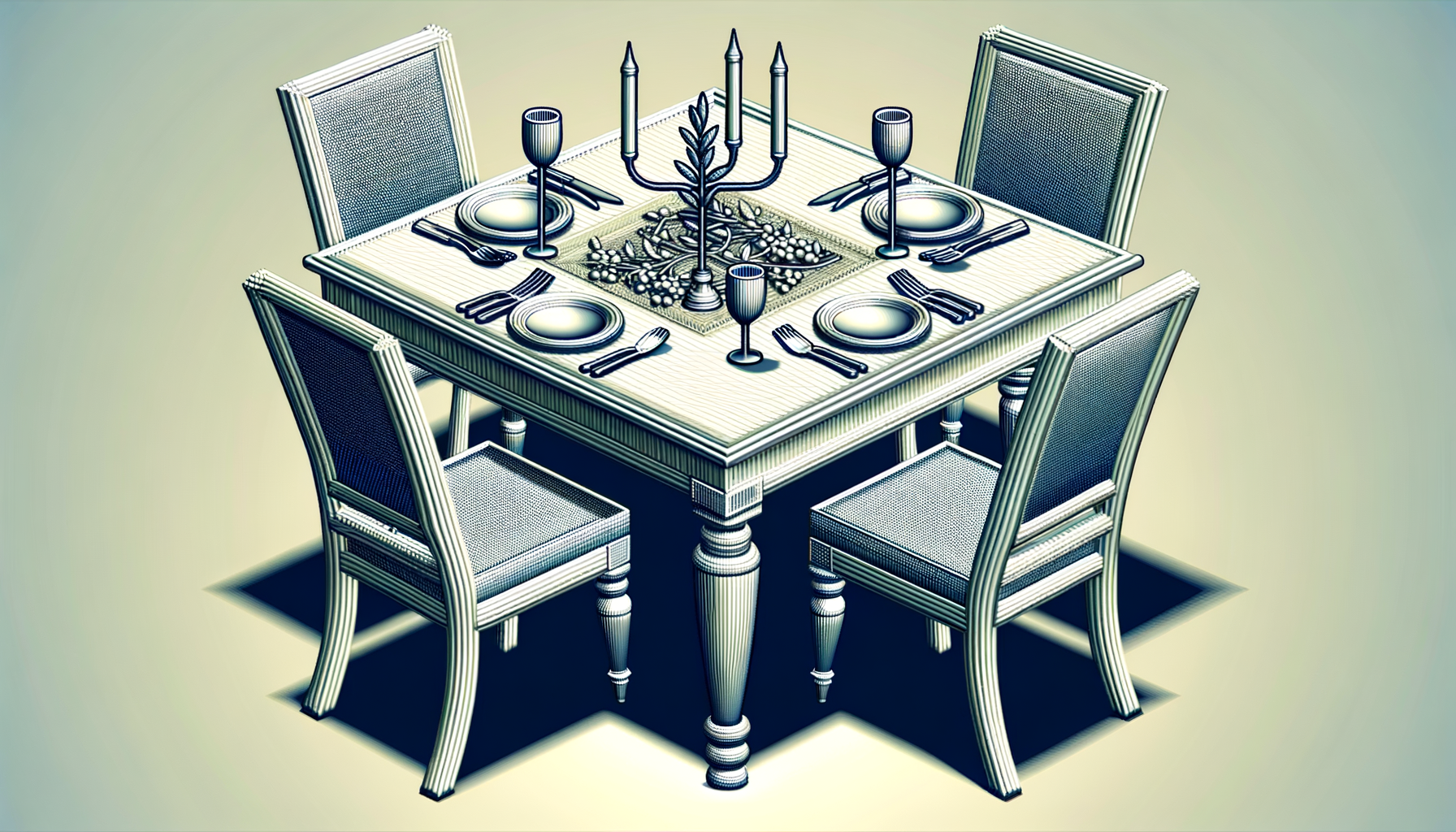Living Between Worlds
The Great Dinner Table Debate
Growing up in Beijing, my parents—both university lecturers brimming with big ideas and bigger opinions—loved a good debate. Dinnertime was less “pass the soy sauce” and more “Let’s discuss the ethics of ancient Chinese filial piety!” It was fascinating but intense, almost like living in a never-ending TED Talk with subtitles.
But then came my brief stint in New York during an exchange program, where the concept of dinnertime debates took on a new form. At one dinner party, someone said, “Oh, this hummus is life-changing!” and spent ten minutes explaining why chickpeas are the ultimate act of self-care. Hummus isn’t life-changing, Li Bai’s poetry about solitude in moonlight? Now that’s transformative.
As you can imagine, I quickly became fluent in “cultural code-switching.” It’s a necessary skill when you’re trying to make a home between two worlds that don’t always make sense together. Whether it’s figuring out how to date when your worldview oscillates between ancient Confucian ideals and binge-watching “Emily in Paris,” or clashing expectations about who you “should” be in a relationship, living between worlds forces you to get creative.
And let me tell you—it makes romance way spicier than just working out whose Netflix account to cancel when things fall apart.
Between Tradition and Text Messages
In Chinese culture, there’s a cherished saying: “A good match is like the harmonious coupling of dragons and phoenixes.” My mother once told me this while subtly reminding me to find someone with “character,” preferably also a postdoc. In theory, love should feel weighty and meaningful, which sounds utterly poetic until someone asks you to compare astrological birth charts on a second date.
Navigating dating when you’re straddling cultural expectations can be amusingly awkward. A modern-day American social rule, for example, might be: “Don’t double text unless you have a good excuse.” Meanwhile, in China, it’s quietly understood that if someone loves you, they’ll drown you in unsolicited WeChat messages, location check-ins, and detailed photos of their breakfast. Affection is loud here, like the clanging bells of a Cantonese opera—and sometimes, you can’t help but find it heartwarming.
When dating someone outside your culture, the real magic often lies in deciphering these small gestures. Is their texting style minimalist and efficient? That might translate to “I care” rather than “I forgot.” Do their cultural norms clash with yours? It might just mean they’re playing by a different set of rules.
The trick? Lean into curiosity instead of criticism. Learn to spot what someone’s actions mean rather than how well they align with your mental script. Less stress, more potential “dragon and phoenix” vibes.
Romantic Puzzles and Pop Quizzes
One of the funniest parts of navigating dualities in love is realizing how ingrained certain expectations are—and how utterly disarming it is when they don’t apply.
Here’s an example: In Beijing, a grand confession of love might involve symbolic gestures, like renting an entire karaoke room to belt out Teresa Teng ballads or buying your crush a year’s supply of bubble tea. Seriously, check TikTok. But in New York, I found myself on date three with a guy who thought it was “too forward” for me to bring him a book of translated Chinese poetry I thought he might like. FORWARD? Clearly, he had never been serenaded to “The Moon Represents My Heart” at ear-piercing decibels.
But that’s the thing about love when you’re living between worlds. What seems strange to one culture might be deeply meaningful in another. And honestly? When used intentionally, those differences make you a better communicator—it forces you to articulate what you want and value, even when it doesn’t entirely make sense to the other person.
Something as small as “I brought this book because it reminded me of you” turns into a pop quiz: Are they willing to meet you halfway? Do they appreciate the thought behind your gesture? Romantic dualities often force you to move beyond surface-level assumptions. And isn’t that the point of relationships anyway?
Tips for (Im)Perfect Harmony
Over the years, I’ve picked up a few tricks that might help others juggle clashing worlds when it comes to relationships. Think of these as your dating bilingual dictionary, where you’re translating between heart, culture, and logic:
-
Laugh at the gaps, don’t fear them. Instead of freaking out that their love language doesn’t sync with yours, try to find humor in the misunderstandings. ("Wait, so in America, driving 20 minutes to drop off homemade soup isn’t considered romantic?")
-
Curiosity > Coolness. When someone shares their perspective or cultural approach that feels out of sync with yours, ask questions. Get nerdy. Dive into what makes them tick. Connection thrives on curiosity.
-
Be your own hybrid. You don’t need to fit neatly into one narrative—east or west, romantic or practical. Let your unique quirks create their own rhythm in a relationship. Celebrate the fact that you can be traditional on Mondays and modern on Thursdays.
-
Reflect their effort. It feels good when someone tries to understand your world, doesn’t it? Do the same for them. Meet their traditions with grace, whether that means embracing their mom’s spaghetti recipe or learning how to say "I love you" in their first language.
The Real Balancing Act
When it comes to love while balancing multiple identities, here’s the real secret: there’s no perfect formula. What feels “right” is always subjective, and trying to follow any one cultural blueprint too rigidly is like fitting a square peg into a dragon-shaped hole—it just won’t fit.
The beauty of living between worlds is that you get to create something uniquely yours. For me, that means blending a little daydreamy poetry with a pinch of modern adventure, all while laughing at the contradictions along the way.
Whether you’re navigating dating, relationships, or just figuring out who you are outside the labels others impose, know this: you’re not stuck between worlds. You’re building your own. And trust me, that’s way more fun.



















